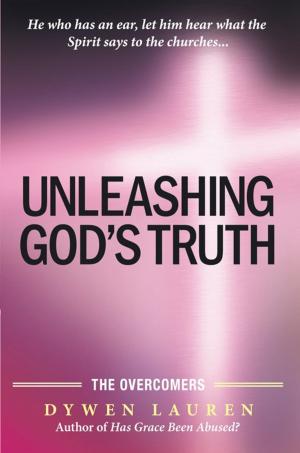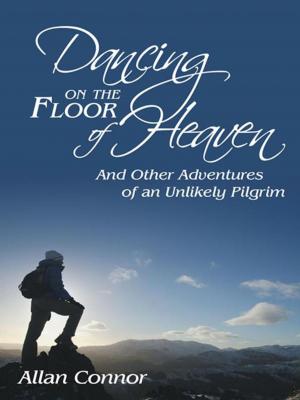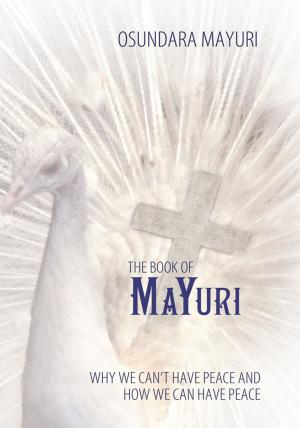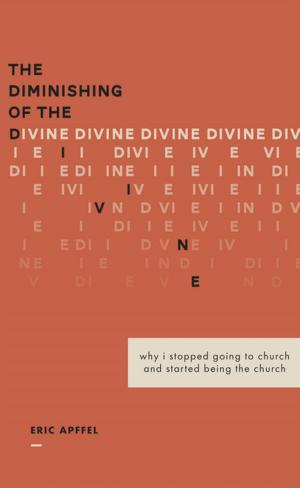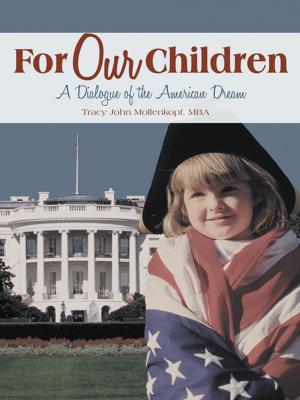| Author: | Sina Dubovoy | ISBN: | 9781490831183 |
| Publisher: | WestBow Press | Publication: | May 12, 2014 |
| Imprint: | WestBow Press | Language: | English |
| Author: | Sina Dubovoy |
| ISBN: | 9781490831183 |
| Publisher: | WestBow Press |
| Publication: | May 12, 2014 |
| Imprint: | WestBow Press |
| Language: | English |
Francis Scott Key was born during the Revolutionary War on his familys Maryland estate and died suddenly and unexpectedly in Baltimore at age sixty-three. History remembers him best as the composer of The Star-Spangled Banner and least of all as a noted poet and eminent lawyer. Time and again his career propelled him into the limelight, which explains how Key happened to find himself aboard a truce ship during the massive British bombardment of Fort McHenry in 1814. As he watched the assault all night long with the aid of a spyglass, the poet-lawyer was inspired to compose the ode that became the anthem of a nation.
During his forty-plus years as a lawyer, Francis Scott Key argued well over one hundred appeals before the Supreme Court in Washington. As a devout evangelical Episcopalian and lay leader, he found himself steeped in the divisive issues sundering his church. His restless intellect and spirit sought an outlet in a mind-boggling array of philanthropic projects, which included the founding of the free African republic of Liberia.
As a result of new and overlooked sources and materials, new facts about Francis Scott Key have emerged, and some age-old myths have been dispelled. What still remains true and enduring about the man are his genius, piety, and service to his country and fellow man.
Francis Scott Key was born during the Revolutionary War on his familys Maryland estate and died suddenly and unexpectedly in Baltimore at age sixty-three. History remembers him best as the composer of The Star-Spangled Banner and least of all as a noted poet and eminent lawyer. Time and again his career propelled him into the limelight, which explains how Key happened to find himself aboard a truce ship during the massive British bombardment of Fort McHenry in 1814. As he watched the assault all night long with the aid of a spyglass, the poet-lawyer was inspired to compose the ode that became the anthem of a nation.
During his forty-plus years as a lawyer, Francis Scott Key argued well over one hundred appeals before the Supreme Court in Washington. As a devout evangelical Episcopalian and lay leader, he found himself steeped in the divisive issues sundering his church. His restless intellect and spirit sought an outlet in a mind-boggling array of philanthropic projects, which included the founding of the free African republic of Liberia.
As a result of new and overlooked sources and materials, new facts about Francis Scott Key have emerged, and some age-old myths have been dispelled. What still remains true and enduring about the man are his genius, piety, and service to his country and fellow man.


